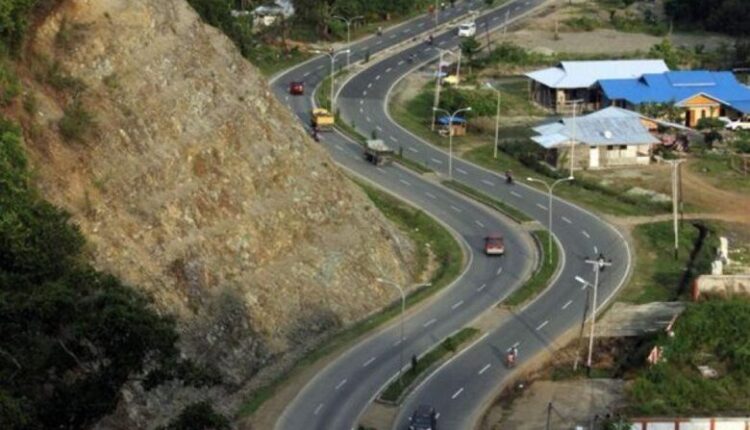Raising the Standard of Living of the Papuan People: Government Commitment through Sustainable Development
By: Ferry Yoku
Sustainable development in Papua is not just a formal agenda, but a commitment that must be realized by the government. This commitment is reflected through various programs aimed at improving community welfare, one of which is through the management of Village Funds.
Since early 2024, the Financial and Development Supervisory Agency (BPKP) of West Papua Province has invited all regional governments in the West Papua and Southwest Papua regions to closely monitor the management of Village Funds.
This invitation is not just a formality, but rather a real step to ensure that every rupiah allocated is truly used for the benefit of the village community.
In the context of supervision, BPKP seeks to create better transparency and accountability in the governance of Village Funds. Head of BPKP West Papua, Lepot Setyanto, emphasized the importance of regular supervision to ensure that village funds are managed in accordance with the established guidelines.
This supervision does not only involve monitoring, but also coaching for village officials in preparing better quality program planning. It is hoped that with careful planning, the use of Village Funds will have a positive impact on community welfare.
Furthermore, this supervision is accompanied by intensive coaching aimed at increasing the capacity of village officials. The challenges in Village Fund governance cannot be underestimated, considering the large amount of funds that must be managed by village officials who may not yet have adequate capacity.
Therefore, this coaching is expected to be able to improve the quality of planning and program implementation in villages, so that the benefits of Village Funds can truly be felt by the community.
One of the main objectives of Village Fund management is to narrow the gap between cities and villages. Data from the Directorate General of Treasury (DJPb) of the Ministry of Finance shows that the total ceiling of the 2024 Village Fund allocated by the central government for 1,741 villages in West Papua and Southwest Papua reached IDR 1.4 trillion. This fund is used to finance various programs, such as food and animal security, direct cash assistance, and handling stunting.
With such a large allocation of funds, the government hopes that the welfare of rural communities in Papua can increase significantly. However, this can only be achieved if the funds are managed well.
Lepot Setyanto emphasized that the aim of managing Village Funds is to reduce the gap between cities and villages, so that the economy and welfare of village communities increase.
Although the funds allocated are quite large, the governance of Village Funds in Papua still faces a number of challenges. The Director of Financial Accountability Supervision, Development, and Village Governance of BPKP West Papua, Fauqi Achmad Kharir, admitted that the governance of village funds is still weak.
One of the causes is the inadequate capacity of village officials. This condition affects the absorption of Village Funds, which ultimately has an impact on the low welfare of village communities.
In addition, cash management and village assets are still potentially misappropriated, coupled with low compliance in reporting the implementation of the Village Budget. This shows that even though the funds allocated are large, if they are not managed properly, the goal of improving the welfare of village communities will not be achieved.
Therefore, strict supervision and ongoing guidance are essential to ensure that these funds are truly used for the benefit of the community.
The distribution of Village Funds in West Papua and Southwest Papua in 2024 showed quite significant progress. Head of the West Papua DPJb Regional Office, Purwadhi Adhiputranto, reported that the distribution of Village Funds to 12 districts in West Papua and Southwest Papua reached IDR 714.04 billion or 50.99 percent of the total ceiling. Several districts, such as Manokwari and Fakfak, have received more than 40 percent of the funds in the first phase.
The progress of the distribution of these funds is expected to accelerate the implementation of planned programs, so that the benefits of the Village Fund can be felt immediately by the community. However, it should be remembered that the rapid distribution of funds must also be balanced with proper and accountable management.
Without good management, rapid distribution of funds can actually give rise to new problems, such as misuse of funds or low impact from the programs being implemented.
